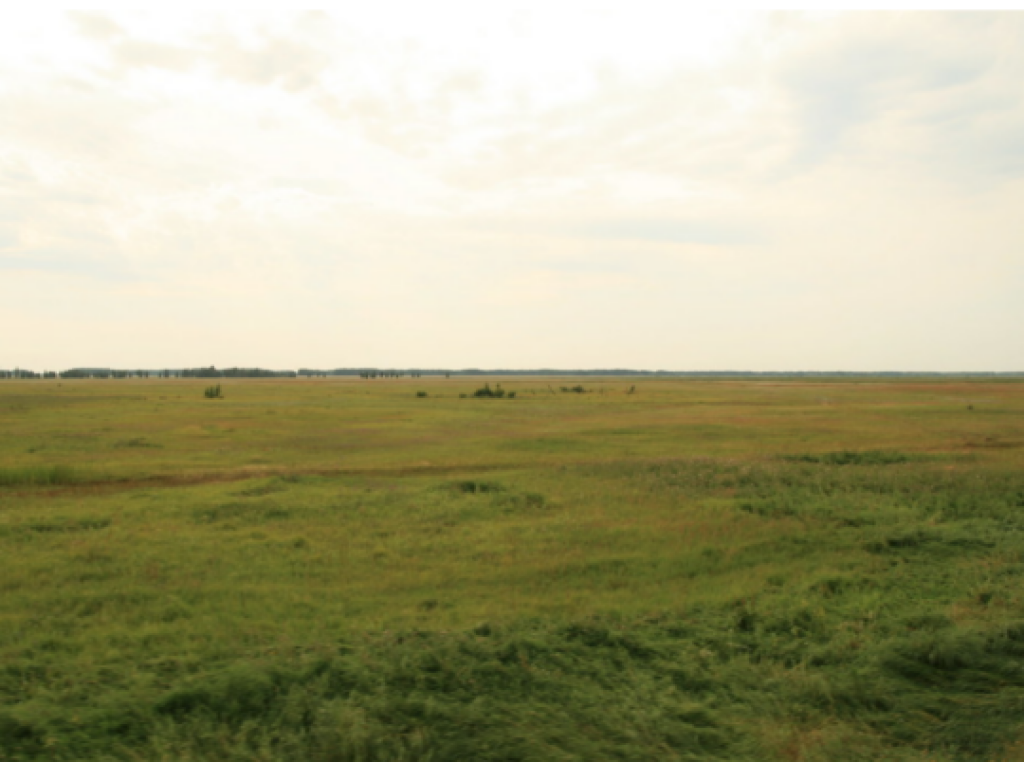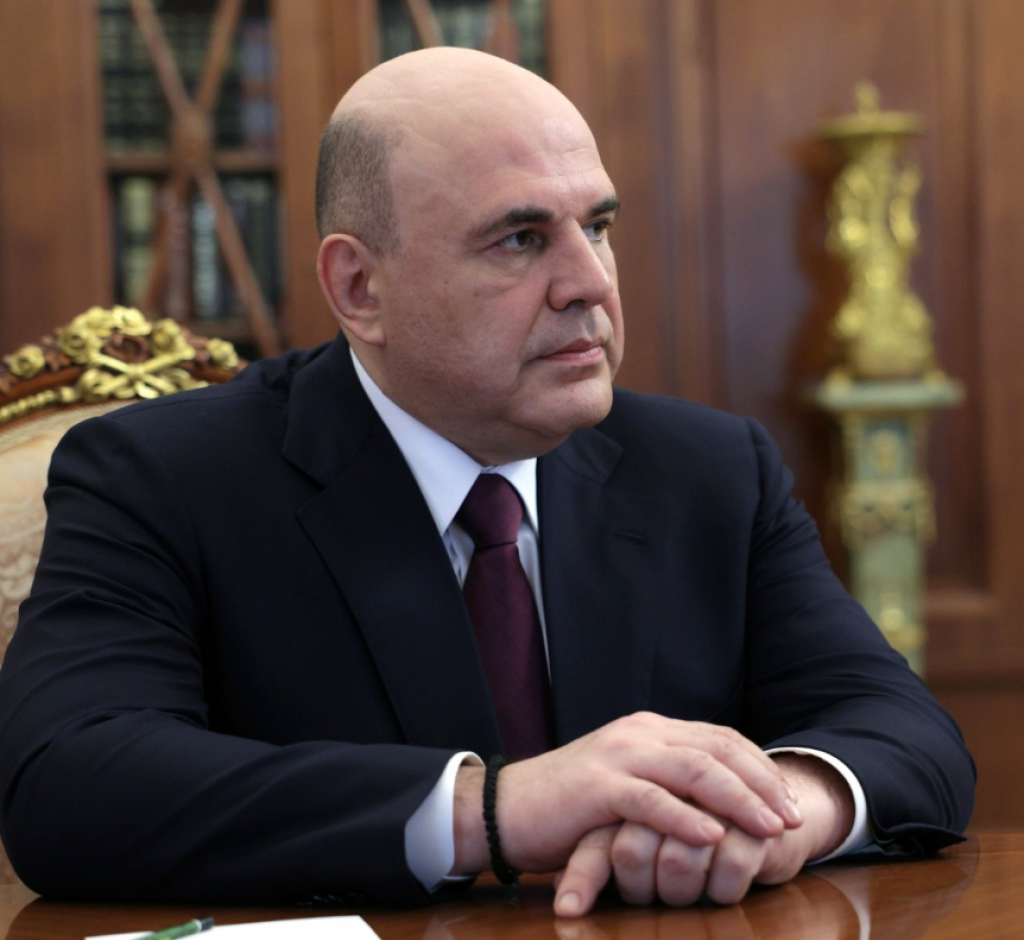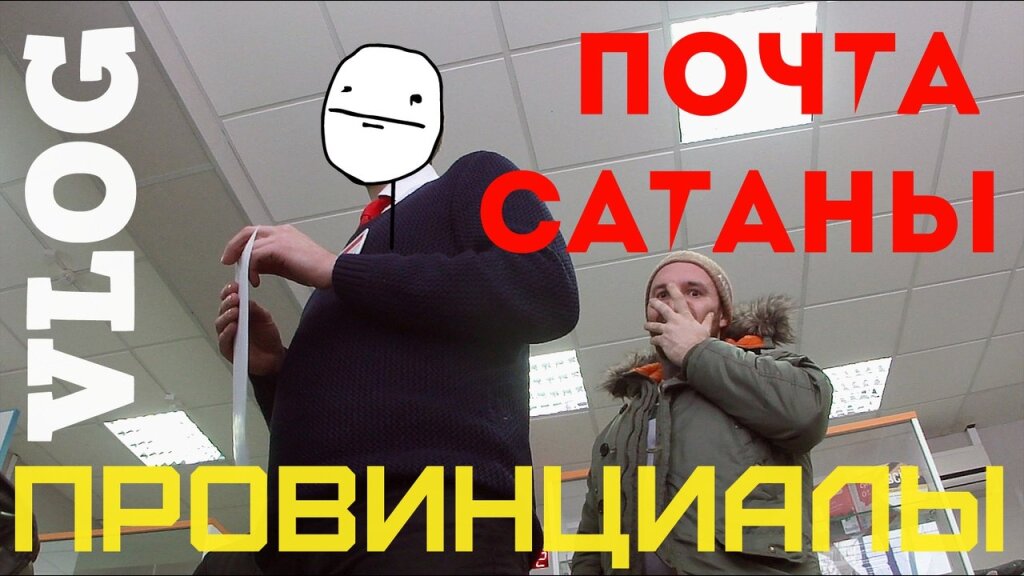This is Part II in a two-part series. Part I may be seen here.
Anna Gomboeva is an indigenous Siberian activist and a PhD candidate in the Department of Slavic Languages and Literatures at the University of Virginia.
In February 2015, Russian singer Iosif Kobzon visited a hospital in the unrecognized “Donetsk People’s Republic,” which includes Ukrainian territories Russia has occupied. During his visit, Kobzon spoke with a trooper wounded in tank combat who revealed his military specialty and said that he was of Buryat ethnicity, a Mongolic group indigenous to East Siberia. At the time, the Kremlin was claiming that Russian citizens were not among the troops occupying the so-called Donetsk People’s Republic, but the Buryat soldier’s presence in a Donetsk hospital revealed these claims to be false and attracted a lot of attention.
The Russian independent news outlet Novaya Gazeta later identified the soldier as Russian citizen Dorzhi Batomunkuev, and interviewed him. This interview prompted the emergenceof the viral Ukrainian meme “бойові буряти” (combat Buryats), which emphasized the ethnicity’s supposedly “warlike nature.” An Asian face can be an uncommon sight in Ukraine and in most of Russia. Batomunkuev’s presence in Donbas exposed Russian lies not only through his citizenship and specialty, but also through the spectacle of his rare ethnicity. Since that time, some Ukrainian media have been fascinated with the idea of Russian soldiers being Asian or otherwise non-Slavic in appearance.
Ethnic minorities, including the indigenous peoples of Siberia, are overrepresented in the Russian army. The reason is that their native regions, despite the abundance of natural resources, are among the most impoverished in Russia, which makes residents more likely to enlist for financial reward. As soon as Russia attacked Ukraine in February 2022, the meme returned. YouTube videos featuring the phrase “combat Buryats” gained hundreds of thousands of views. Some Ukrainian commentators, including TV host Anatoly Anatolyevich Yatsechko (known as Anatoly Anatolich), singled out Buryat people as responsible for the atrocities the Russian army committed in Bucha. An independent investigation by the Free Buryatia Foundation, an advocacy group founded in 2022 to oppose Russia’s invasion of Ukraine, later disprovedthis claim.
Similar sentiments soon emerged in the Russian liberal media. On 27 February 2022, Popular Politics, a Vilnius-based Russian YouTube channel affiliated with Alexei Navalny, interviewed journalist Christo Grozev, the lead Russia investigator with the Netherlands-based Bellingcat group. Grozev emphasized the high numbers of non-Slavic ethnic minorities among thousands of Russian army casualties, alleging that Russia primarily sends people from “its remote regions” to the front. Reacting to this information, host Maria Pevchikh, an investigative journalist and the current chair of Navalny’s Anti-Corruption Foundation, added that these people were chosen for combat because they are “ready to kill Slavs.”
In a June 2022 interview with Ukrainian journalist Dmitro Gordon, prominent Russian opposition figure Alexander Nevzorov joked that Buryat people “do not care whom they sexually assault,” going on to recommend that their next target be Russian propagandist Maria Zakharova. In an August 2022 interview for the Russian anti-war YouTube channel Utro fevralia (February Morning), controversial Russian journalist Oleg Kashin claimed that Buryat people are cruel, unashamed, and heartless, adding: “They kill Ukrainians today, but they imagine killing Russians in Buryatia tomorrow.”
Thanks to efforts by decolonial and indigenous activists, some Ukrainian media outlets shifted their rhetoric toward a more historicized and empathetic view of Russia’s minorities. Yet Russian liberals still use these tragic symptoms of Russian colonial economy to racialize the war in Ukraine and cleanse their own enlightened “Europeanness” of associations with the “immoral Asianness” of Putin and his “horde.”
Russian state media picked up the “Asiatic soldier” narrative as well—in order to celebrate it. Propagandist Artem Sheinin mentioned several non-Slavic minority groups in his daily TV show and even addressed the Buryats in the Buryat language. Such a move is highly uncharacteristic of the Russian state, which usually avoids non-Slavic representation. According to Ukrainian journalist Vitalii Portnikov, in this case representation serves a particular purpose: to make the face of Russian aggression an Asian one and thus absolve Slavic Russia of war crimes. Thus, the Kremlin’s celebration of the Asiatic soldier aligned perfectly with Russian liberals’ xenophobic paranoia, rendering ethnic minorities a perfect multipartisan scapegoat. This tactic has proven quite effective in the West. In late November 2022, Pope Francis himself said that the most violent soldiers in the Russian army are Chechens and Buryats who “are not of the Russian tradition.”
In short, despite their conflicting interests and ideologies, every political affiliation across post-Soviet Europe blamed Russian war crimes on the Asian “other.” Russian liberals and the Russian state weaponized race to absolve Slavic whiteness of “Asiatic” violence. The “combat Buryat” meme went viral—and as of late 2023, Googling it still generates 143,000 Ukrainian-language hits. Finally, the Kremlin’s celebration of Asian soldiers positioned Russia as a “multicultural state” that fights “Ukrainian Nazis.”
By appropriating anticolonial and antifascist rhetoric in this way, the Kremlin finds support among parts of the radical Western left and some intellectual elites of the Global South, factions that ignorantly associate Moscow with socialism and anti-racism. But despite a short-lived and largely rhetorical commitment to these values, Moscow has never truly embodied either one, maintaining a similar economic relationship with its colonial subjects as London with India or Paris with West and Central Africa.
In a recapitulation of Cold War-era dynamics, in which political agency amounted to picking one or another side in a binary world conflict, Moscow still presents itself as an “alternative” to Western imperialism. Although Cold War geographies have shifted over the last three decades, Cold War mentalities have persisted. Human rights are still reduced to a choice between American or Russian and Chinese imperialism. While virtue signaling anticolonial rhetoric to the Global South and bragging about brave Buryats fighting against “Ukrainian Nazis,” the Russian state destroys indigenous lands, exploits marginalized people in the military, and manipulates their image in the media.
The celebration of Cold-War mentalities in Dmitry Bykov’s 2023 poem, discussed in the first part of this essay, exposes the hypocrisy of the Kremlin’s “friendship” with the Global South. By casting aspersions on Lavrov’s African diplomacy, Bykov implies that, if Russia embraces its Europeanness and whiteness instead of trying to befriend Europe’s “savage” enemies in the Global South, its membership in the “Anglo-Saxon” liberal democratic world will become possible. It is almost as if, for Bykov, Slavic whiteness is a political asset threatened by association with non-white people. He sees the threat in African diplomacy as such—just as other Russian liberals have seen it in the Buryat people.
As Putin embraces ideas of Russian superiority and fascism, the racism of Russian liberals pushes them further toward these same ideas than they might like to admit. In the meantime, this opposition has not proposed any meaningful alternatives to Putin’s regime beyond another extractive economy that centers Moscow and profits from the destruction of the Siberian environment. Indeed, one of their most celebrated ideological leaders is former oil oligarch Mikhail Khodorkovsky. Echoing Putin’s fear of losing centralized control of territories and resources, commentators like Ksenia Sobchak and Yulia Latynina denigrate indigenous and decolonial movements by claiming that they are aggressive toward Russians and dangerous to the Russian state.
It is impossible to change Russian liberals by appealing to their conscience. They perform racism because they want to protect the Russian economic status quo. They understand that playing “European” means dominating the “Asian” and performing whiteness for a chance to obtain membership in the “Anglo-Saxon” West.
Racism is not merely a moral or ethical issue. Effective anti-racist action is always anticolonial, anti-imperialist and anti-capitalist. It stands in solidarity with all indigenous peoples, supports environmental rights, and recognizes the material character of racism, which ripples through economic systems and political regimes. Effective anti-racist action thus opposes lingering Cold War mentalities and solidarizes beyond political identities imposed by global imperialisms.



